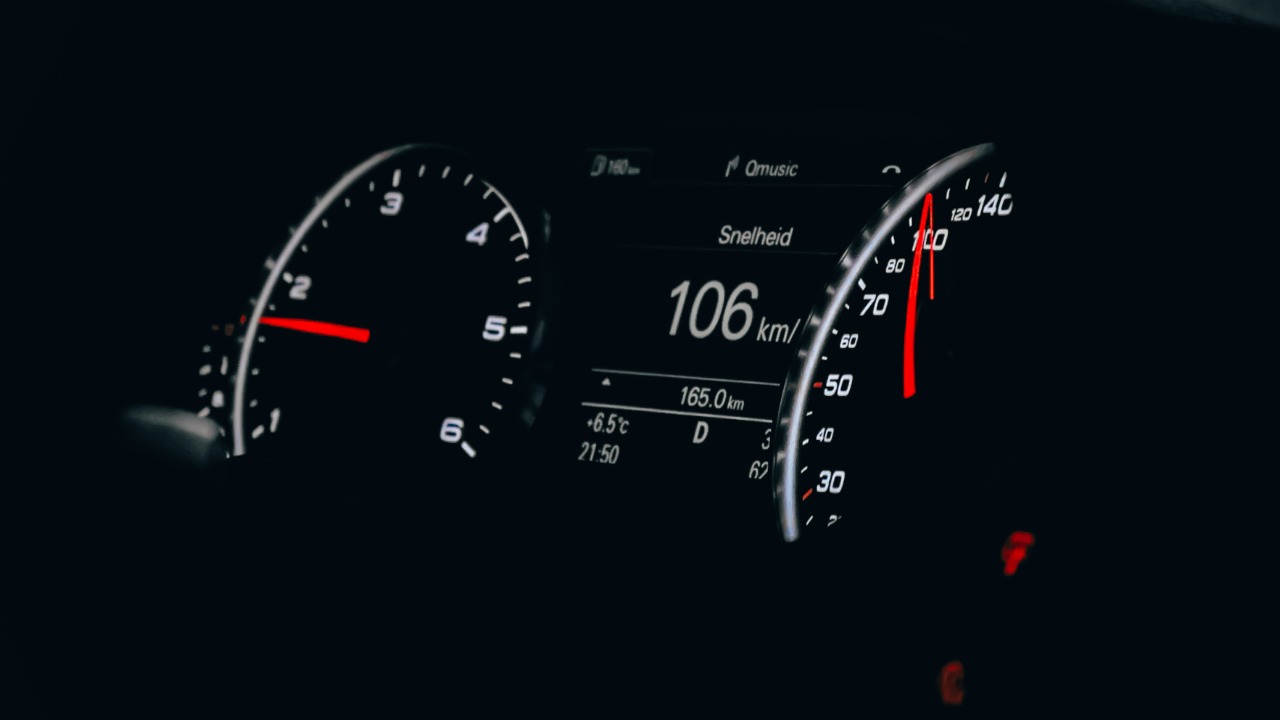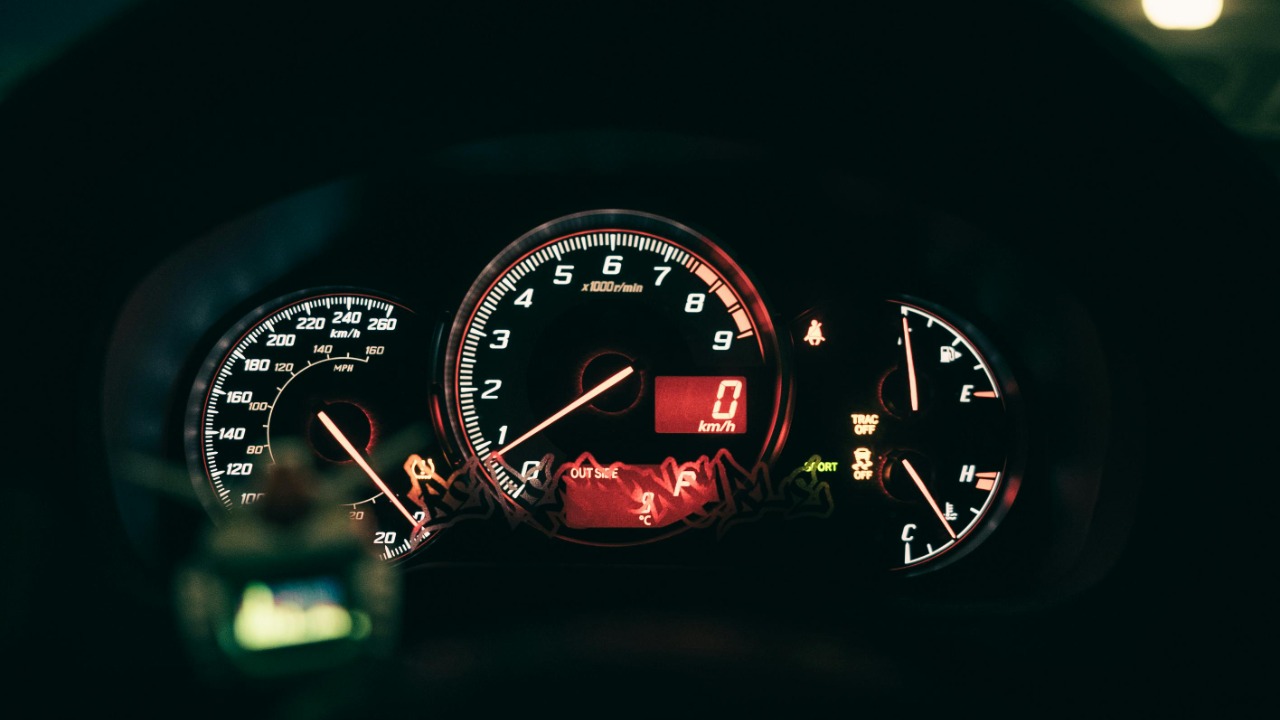If you’re planning to tow a car, you might be wondering if the vehicle will accumulate miles during the process. This question has practical implications, especially if you’re concerned about maintaining your car’s value or keeping track of maintenance schedules. Let’s delve into how towing affects odometer readings and what you can do to prevent unnecessary mileage accumulation.
Understanding How Odometers Work

Odometers are devices that measure the distance traveled by a vehicle. They can be either mechanical or digital, both having their own set of advantages and drawbacks. Mechanical odometers work through a series of gears and cables connected to the vehicle’s wheels, which turn the numbers on the odometer as the car moves. On the other hand, digital odometers use electronic sensors to record mileage and display it on a digital screen.
Each type of odometer has its own way of accumulating miles, which is crucial to understand when considering the effects of towing. To learn more about the mechanics behind odometers, you can check out this detailed study.
Different Types of Towing Methods

The impact of towing on your car’s odometer largely depends on the method used. The two most common methods are flatbed towing and two-wheel towing. In flatbed towing, the entire car is lifted onto a platform, ensuring that none of the wheels are in contact with the ground. This method prevents the odometer from registering any mileage.
In contrast, two-wheel towing involves lifting either the front or rear wheels while the other two remain on the ground. This can cause the odometer to count miles if the wheels connected to the odometer are the ones in contact with the ground. For real-life discussions on this, check out this Reddit thread.
Impact of Towing on Mechanical vs. Digital Odometers

Mechanical odometers can be more susceptible to gaining miles while being towed, especially when the wheels connected to the odometer are touching the ground. This is because the gears and cables are physically engaged, leading to mileage accumulation. In contrast, digital odometers rely on electronic signals and are less likely to record mileage unless the car is powered on and the sensors are activated.
Understanding the difference between these two types of odometers can help you choose the best towing method for your vehicle. For example, owners of electric vehicles like the Ram’s first electric pickup may prefer digital systems for more accurate mileage tracking.
Factors That Affect Odometer Readings During Towing

Several factors can influence whether your car gains miles while being towed. First, the type of odometer is crucial; mechanical odometers are more prone to recording mileage during towing. Second, the method of towing plays a significant role; flatbed towing is generally the safest option to avoid unwanted mileage.
Additionally, whether the car is turned on or off affects digital odometers. If the car’s electronics are powered, the odometer might still record miles. For more insights into vehicle systems, visit this comprehensive article.
Tips for Preventing Unwanted Mileage Accumulation

To prevent your car from gaining unnecessary miles while being towed, opt for flatbed towing whenever possible. This method elevates the entire vehicle and eliminates the risk of odometer movement. If flatbed towing isn’t an option, ensure the wheels connected to the odometer are lifted off the ground.
Moreover, for vehicles with digital odometers, make sure the car is turned off to avoid any accidental mileage recording. It’s always wise to double-check your vehicle’s manual for specific towing instructions. Lastly, consider investing in a towing dolly or specialized towing equipment that can help minimize odometer engagement. For creative towing solutions, take a look at how a Tesla Cybertruck owner innovatively approached towing.